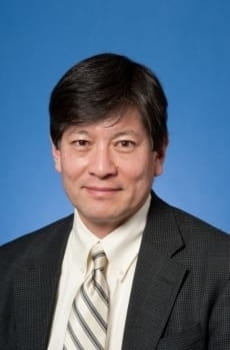
Prof. Mochizuki, affiliated Sigur Center for Asian Studies faculty, consulted with the Okinawa prefectural government to discuss the relocation of a United States Marine Corps Air Station in the region.
Sigur Center for Asian Studies
At the Elliott School of International Affairs
Sigur Center affiliated faculty remain quite active outside of the classroom, with many engaging in public debates, publishing articles, and being quoted or interviewed by a wide variety of news and media outlets.
Please note that any views expressed in highlighted articles, interviews, or such posts are solely those of the author and not of the Sigur Center. In the spirit of open academic debate and dialogue, the Sigur Center shares and highlights the works of its affiliated faculty.
If you find any noteworthy accomplishments from our affiliated faculty, send them to gsigur@gwu.edu to be featured on our website!
Please find our 2009-2018 news archive here: https://www2.gwu.edu/~sigur/news/in-the-news.htm

Prof. Mochizuki, affiliated Sigur Center for Asian Studies faculty, consulted with the Okinawa prefectural government to discuss the relocation of a United States Marine Corps Air Station in the region.

1st Place: “Passively Passing: Exploring Okinawan identity in the work of Yamanokuchi Baku” by Hilson Reidpath, PhD Student in Japanese Literature, East Asian Languages and Literature, University of Hawai’i at Mānoa
2nd Place: “Contesting Japanese Post-War Memory in Modern Okinawan Literature” by Christine Mari Inzer, Bachelor of Arts in Global Studies: Asia, University of Richmond
3rd Place: “The Okinawan Amerasian Identity—A Vanguard for Japanese Multinationals” by Nina Udagawa, Sophomore, major in International Affairs, George Washington University
The details of the ceremony are below.
Title: Okinawa Essay Contest Awards Ceremony
Date: March 19, 2019
Time: 2:30 pm – 4 pm (doors open at 2pm)
Location: Room 702 in Estelle and Melvin Gelman Library, George Washington University (2130 H Street NW, Washington, DC 20052)

The Wall Street Journal quoted Donald Clarke, professor of law, in the article “China Accuses Detained Canadians of Espionage,’’ by Chun Han Wong and Eva Dou. Please click link below.
https://www.wsj.com/articles/

Professor David Shambaugh, Professor of Asian Studies at the Elliott School, recently spoke at Texas A&M’s Bush School of Government and Public Service. Student Caitlin Clark wrote a piece in Texas A&M’s “The Eagle” which summarizes Professor Shambaugh’s discussion on US-China relations. Read the full article here!
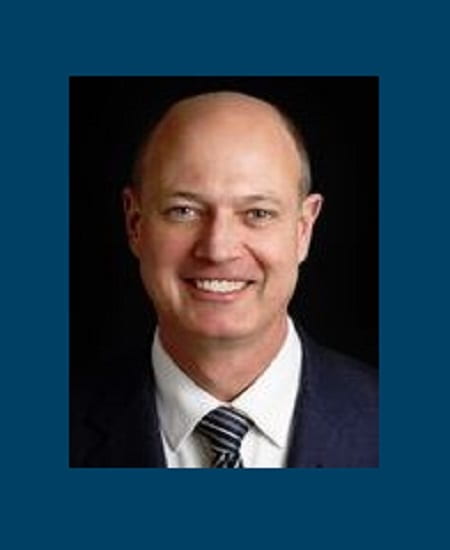
Professor Paul Heer, an adjunct professor here at GW, will be a featured commentator at a CSIS event on March 12th titled “China’s 21st Century Rise in Historical Perspective.” The event is to celebrate the launch of Klaus Mulhahn’s new book China Modern: From the Great Qing to Xi Jinping.
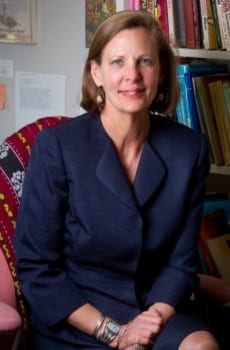
Professor Janet Steele, Associate Professor of Media and Public Affairs and International Affairs, was quoted in a Time article published on February 21st titled “The Message Behind Maria Ressa’s Cyber Libel Arrest.”
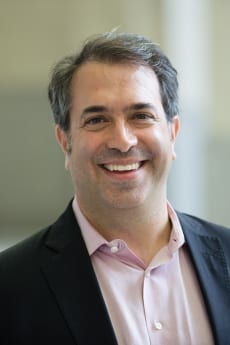
Professor Stephen Kaplan, Associate Professor of Political Science and International Affairs, co-authored an article published in the Washington Post on February 22nd titled “China and Russia have deep financial ties to Venezuela. Here’s what’s at stake.”
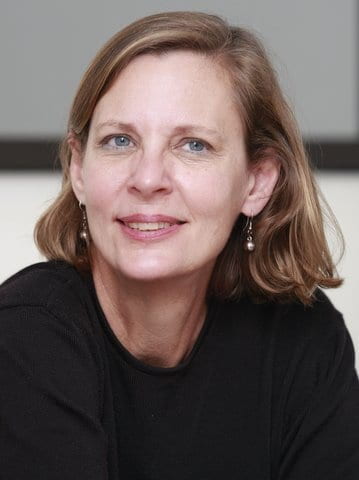
Professor Janet Steele, Associate Professor of Media and Public Affairs and International Affairs, will be traveling to Australia this spring break to give talks at the University of Sydney (March 11), Australian National University (March 13), and Monah University (March 14) on the topic of “The journalisms of Islam: contending views in Muslim Southeast Asia”.
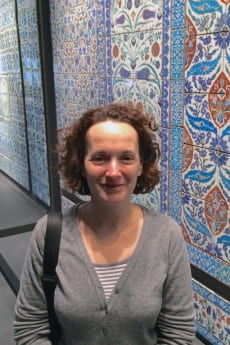
Professor Mika Natif, Assistant Professor of Art History, was interviewed in the Indian Cultural Forum article, “Did Akbar really examine paintings every week? All the World’s a Mughal Stage” by Somok Roy. In the interview, Professor Natif discusses her new book Mughal Occidentalism (Brill, 2018).

Professor David Shambaugh, Director of the China Policy Program and affiliated faculty member at the Sigur Center for Asian Studies, was mentioned in the South China Morning Post article, “Think smarter and carry a bigger stick in Asia, China-watchers urge US President Donald Trump’s administration” by Jodi Xu Klein. Professor Shambaugh was mentioned as a contributor to the report “Course Correction: Toward an Effective and Sustainable China Policy.”